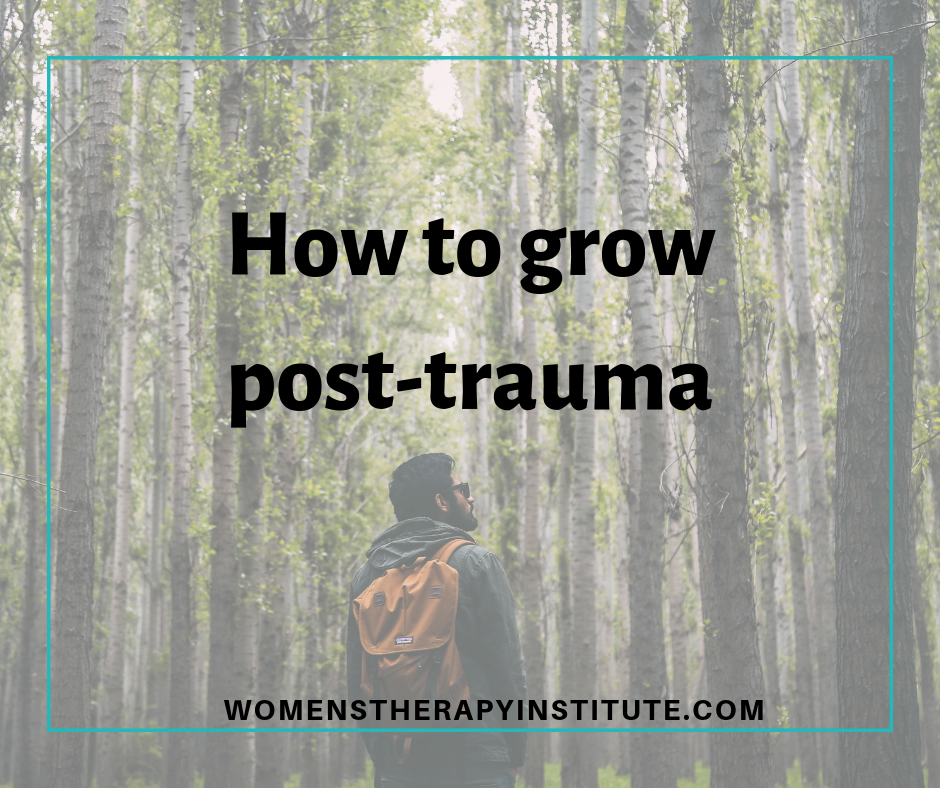
How to grow post-trauma
It is called trauma for a reason. It is shocking, full of pain, and often difficult to accept and move forward from. But, growth from trauma is possible.
There are two different philosophies on trauma. The western philosophy is that trauma is an enemy that should be challenged or confronted. The eastern philosophy is that trauma is a “companion,” not an enemy. Victims are encouraged to feel the pathos of nature, the pain. Rather than sticking closely to one philosophy or another, it is best to incorporate both into healing and growth.
Victim, Survivor, Thriver
Post-traumatic growth involves the passage of being the victim, then the survivor, and ultimately the thriver. Trauma is not fair and being the victim comes with a lot of pain and challenges. Being the victim is not something that needs to result in guilt or shame but rather it is something that happened. It is something that needs to be accepted and grown through — hence the “companion” not the enemy. When you accept that you were a victim, that trauma becomes part of you. You learn how to live with the fact that this happened to you and you learn how to thrive.
A person is still in the victim stage when they feel like they are still in the trauma event, no matter what or how long the actual traumatic event happened. The victim might feel overwhelmed, helpless, angry, etc. A victim moves to the survivor stage when they start to see the resources around to help them, the people in their life that care for them, the good things around them. A survivor is no longer completely encompassed by the traumatic event and is on the road to healing. They are beginning to feel strong and confident in themselves.
Life Satisfaction
A person reaches the thriving stage when they have taken their healing to the point of feeling general satisfaction with their life. They have crystallized the survivor stage and are enjoying their life. In the thriver stage, a trauma victim sees long-term possibilities. They begin to focus on taking care of their health and loved ones. They also recognize and know how to cope with post-traumatic stress and any other issues that remain related to their trauma.
A licensed mental health professional has the tools to help trauma victims go from victims to thrivers. Those in the mental health profession know that just because you were a victim of trauma, it does not need to define you. You can grow, move forward, and ultimately thrive in your new reality.

Why do you leave it all up to ‘professionals’ to ‘have the tools’?? I have a degree in Psychology and ANYONE can have the tools.
Thanks for your comment, Nene. Yes, anyone can have the tools. As a trauma survivor myself, I also know what it’s like not to have the tools or having the tools but unable to use it in the moment. It’s like knowing how to swim but having a cramp in the cold water. Sometimes it’s not a bad idea to have an objective profession to give us a hand.